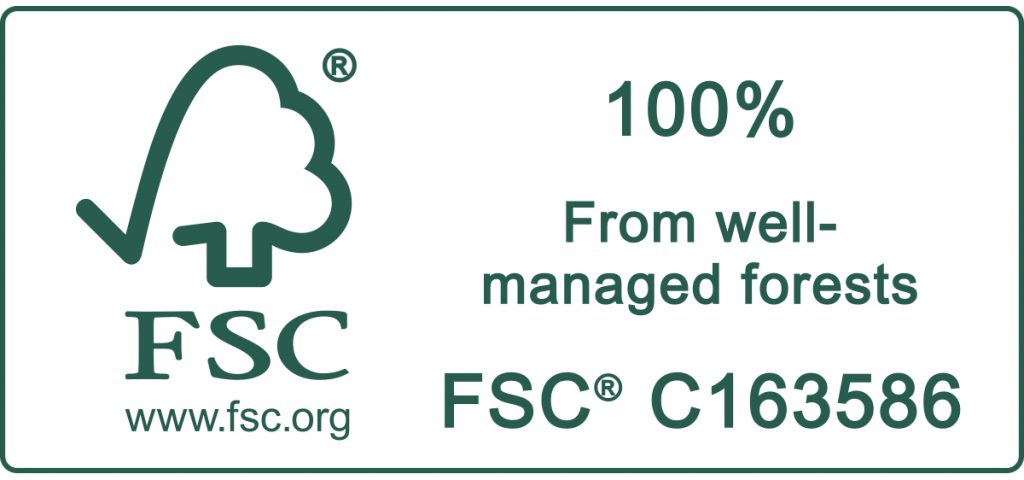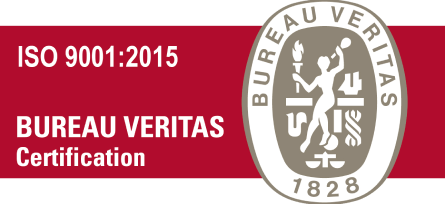Contracts and agreements are essential components of various aspects of life, from business transactions to insurance policies. Whether you’re preparing for the GMAT or negotiating a contract with your employer, having a solid understanding of these concepts is crucial. In this article, we’ll explore different topics related to contracts and agreements, ranging from subject-verb agreement exercises for the GMAT to the difference between client and contractor.
Subject-Verb Agreement Exercises for GMAT
For those aiming to pursue higher education or considering a career in business, the GMAT is a widely recognized standardized test. Proper subject-verb agreement is essential to showcase your command of the English language. To sharpen your skills in this area, you can try out these subject-verb agreement exercises designed specifically for the GMAT.
FFIEC Service Level Agreement
The FFIEC (Federal Financial Institutions Examination Council) sets standards and guidelines for various financial institutions. A service level agreement (SLA) is a document that establishes the specific services expected from a service provider. In the context of the FFIEC, an SLA is crucial to ensure compliance and maintain a high level of service. To learn more about the FFIEC service level agreement, visit this resource.
Brief Agency Agreement
When dealing with legal matters, it’s important to have a clear understanding of the terms and conditions involved. A brief agency agreement outlines the rights and responsibilities of the parties involved in an agency relationship. If you’re in need of a concise yet comprehensive agency agreement, you can find a sample here.
Framework Agreement PPN
In procurement and supply chain management, a framework agreement serves as a contract that establishes terms, conditions, and guidelines for future transactions. If you’re interested in understanding the framework agreement and its implications in the context of Public Procurement Network (PPN), check out this informative article.
What Is a Contract of Adhesion in Insurance?
Insurance policies often involve complex legal terms and conditions. A contract of adhesion, in the insurance context, is a legally binding agreement where one party has more negotiating power than the other. To gain a deeper understanding of this concept and how it impacts insurance contracts, refer to this resource.
Israeli Contract Law
In every jurisdiction, contract laws can vary. Israeli contract law governs the formation and enforcement of contracts in Israel. If you’re interested in exploring the intricacies of Israeli contract law, you can find valuable insights in this article.
Rate Contract Method
The rate contract method is commonly used in public procurement to establish fixed rates for goods and services over a specific period. If you want to delve deeper into the rate contract method and its applicability, refer to this informative resource.
Negotiating Contract with Employer
When entering into an employment agreement, negotiating favorable terms is crucial. Proper negotiation skills can help you secure a contract that aligns with your interests and goals. To gain insights and tips on negotiating a contract with your employer, check out this article.
Enter into Agreement in Malay
Language plays a significant role in contract formation. Understanding how to enter into an agreement in a specific language can be valuable in an international business context. If you want to explore how to enter into an agreement in Malay, this resource can provide you with useful information.
Difference Between Client and Contractor
When it comes to business relationships, understanding the roles and responsibilities of different parties is essential. Knowing the difference between a client and a contractor can help you establish and manage these relationships effectively. To grasp the disparities between these terms, refer to this insightful article.





